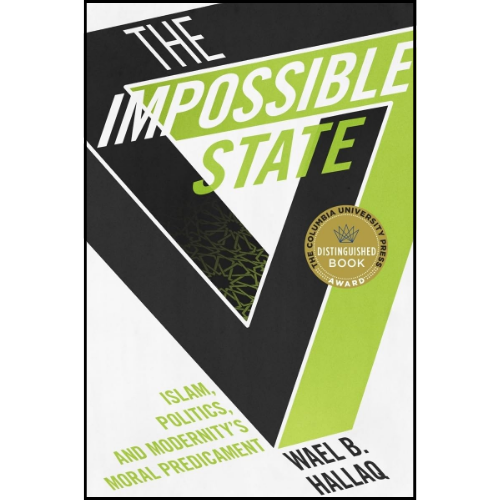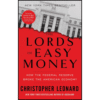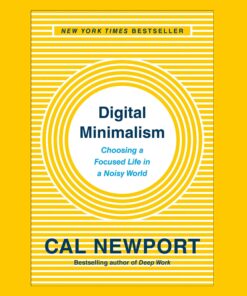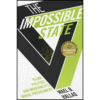-
×
 Whole Again Book by Jackson MacKenzie
1 × ₨499.00
Whole Again Book by Jackson MacKenzie
1 × ₨499.00 -
×
 The Last Secret You'll Ever Keep Novel by Laurie Faria Stolarz
1 × ₨449.00
The Last Secret You'll Ever Keep Novel by Laurie Faria Stolarz
1 × ₨449.00 -
×
 Sorcery of Thorns Book by Margaret Rogerson
2 × ₨599.00
Sorcery of Thorns Book by Margaret Rogerson
2 × ₨599.00 -
×
 A Gentle Reminder Book by Bianca Sparacino
1 × ₨399.00
A Gentle Reminder Book by Bianca Sparacino
1 × ₨399.00
The Impossible State by Wael Hallaq (Author)
₨625.00 – ₨925.00Price range: ₨625.00 through ₨925.00
Wael B. Hallaq boldly argues that the “Islamic state,” judged by any standard definition of what the modern state represents, is both impossible and inherently self-contradictory. Comparing the legal, political, moral, and constitutional histories of premodern Islam and Euro-America, he finds the adoption and practice of the modern state to be highly problematic for modern Muslims. He also critiques more expansively modernity’s moral predicament, which renders impossible any project resting solely on ethical foundations.
Wael B. Hallaq boldly argues that the “Islamic state,” judged by any standard definition of what the modern state represents, is both impossible and inherently self-contradictory. Comparing the legal, political, moral, and constitutional histories of premodern Islam and Euro-America, he finds the adoption and practice of the modern state to be highly problematic for modern Muslims. He also critiques more expansively modernity’s moral predicament, which renders impossible any project resting solely on ethical foundations.
The modern state not only suffers from serious legal, political, and constitutional issues, Hallaq argues, but also, by its very nature, fashions a subject inconsistent with what it means to be, or to live as, a Muslim. By Islamic standards, the state’s technologies of the self are severely lacking in moral substance, and today’s Islamic state, as Hallaq shows, has done little to advance an acceptable form of genuine Shari’a governance. The Islamists’ constitutional battles in Egypt and Pakistan, the Islamic legal and political failures of the Iranian Revolution, and similar disappointments underscore this fact. Nevertheless, the state remains the favored template of the Islamists and the ulama (Muslim clergymen).
| Weight | 0.5 kg |
|---|---|
| Dimensions | 0.5 × 0.5 × 2.5 cm |
| Author | Wael Hallaq |
Digital Printed |
|
| Cover | Paperback, Hardcover |
| Pages | 273 |
Be the first to review “The Impossible State by Wael Hallaq (Author)” Cancel reply
Q & A
Ask a question
There are no questions yet
Related products
Sale!
Books & Novels
Sale!
Books & Novels













Reviews
There are no reviews yet